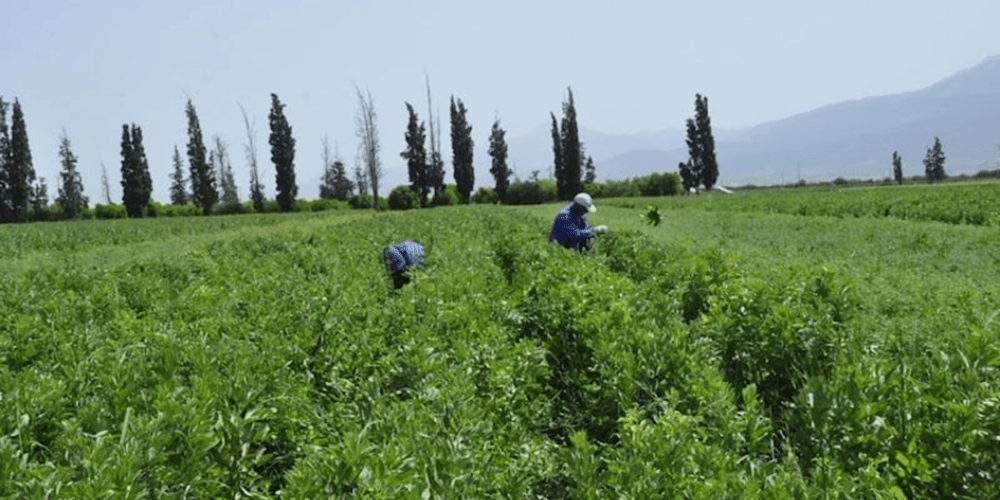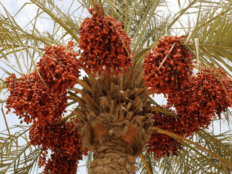A recent report from the Swiss Re Institute has highlighted the main challenges confronting Morocco’s agricultural sector, noting that “the kingdom frequently experiences concurrent heatwaves and droughts, leading to severe water crises.”
The report pointed out that “insurance payouts over the past decade have helped enhance the resilience of Moroccan farmers by partially compensating for the losses they incur.”
It further explained that “Moroccan agriculture employs a substantial portion of the country’s workforce, particularly in rural areas where cereal crop production dominates the arable land, heavily reliant on rainfall.”
The same source noted that “drought conditions have resulted in nearly a quarter reduction in the area classified for winter crops this season compared to previous years.”
Additionally, it highlighted that “the winter crop season coincided with commodity price shocks and rising inflation, resulting in increased agricultural input costs.”
Looking ahead, the report expressed pessimism regarding “future climate forecasts, particularly concerning greenhouse gas emission scenarios, which exceed the global average in the Mediterranean region.”
The report indicated that wheat is the dominant crop in Morocco, cultivated on over 3 million hectares of arable land, making it one of the country’s primary crops.
The same source mentioned that “Morocco’s agricultural insurance sector is the second largest in Africa, primarily covering farmers through multi-risk crop insurance programs, successful partnerships between the public and private sectors, especially for smallholder farmers.”
The Swiss Re Institute highlighted that “the Moroccan government has already taken positive steps in this regard,” emphasizing that “reforming crop insurance schemes can further enhance insurability in areas highly exposed to climate factors.”
The Moroccan government has also implemented “promising measures to enhance infrastructure and improve water management efficiency.”
These measures include “constructing large dams to increase water storage capacity, enhancing interconnections between water basins, and installing control valves to minimize water losses during transmission and distribution.”
The same source noted the government’s support for farmers under the Green Morocco Plan and the Green Generation Plan, aimed at “modernizing and improving irrigation efficiency by funding the installation of drip irrigation systems to access groundwater.”
The report underscored the importance of modernizing and adopting technological innovations in agriculture to enhance climate adaptability.
It highlighted that many Moroccan farmers still use crop varieties that are over 20 years old, emphasizing the need to support their transition to new local varieties or suitable alternative crops adapted to local climates and soil conditions.
The Swiss Re Institute concluded that Morocco’s diverse crop landscape remains vulnerable to frequent droughts.
Maintaining traditional compensation mechanisms for stable areas and offering differentiated insurance for highly affected regions could be potential solutions, the report emphasized.
Hespress English






Add comment